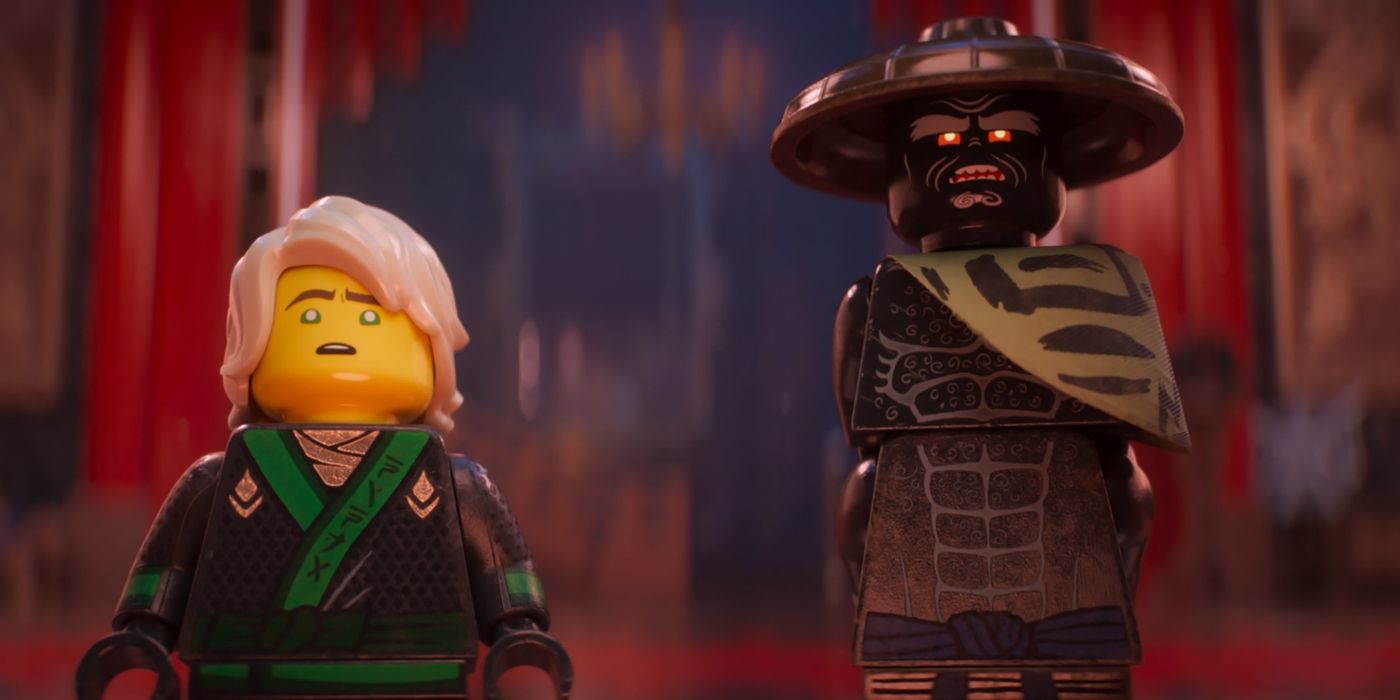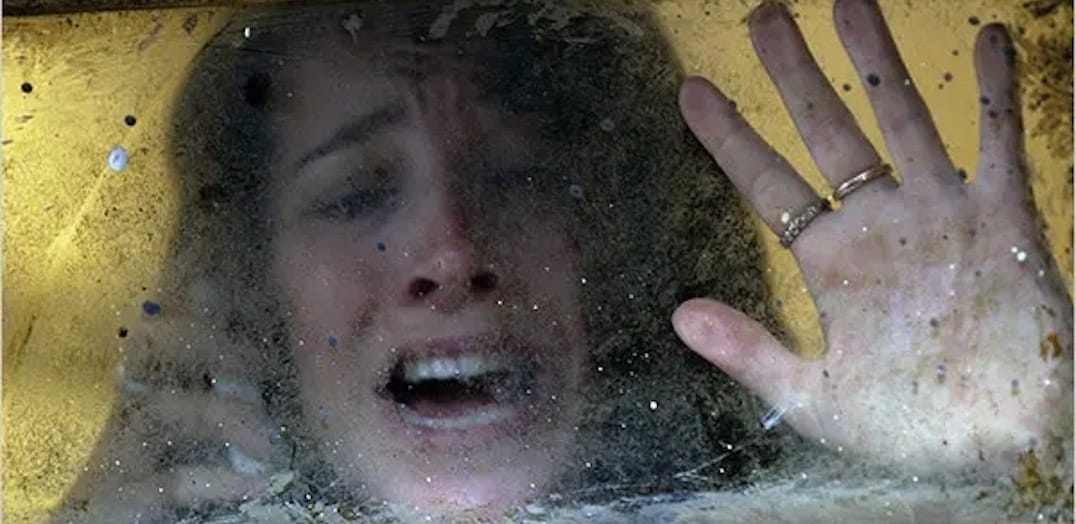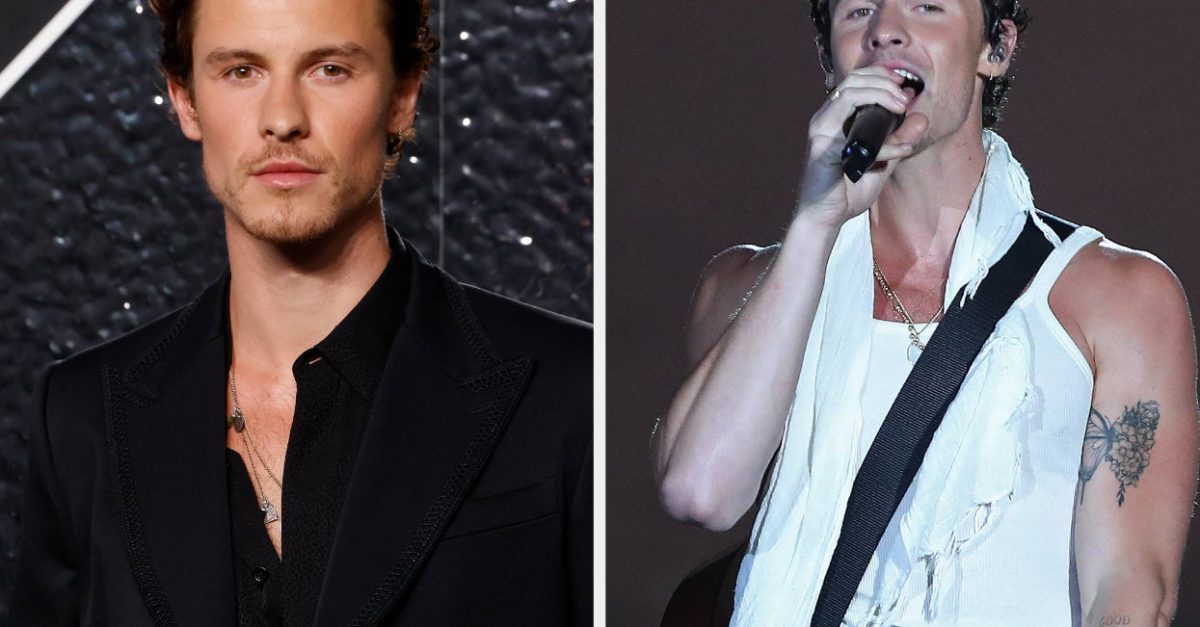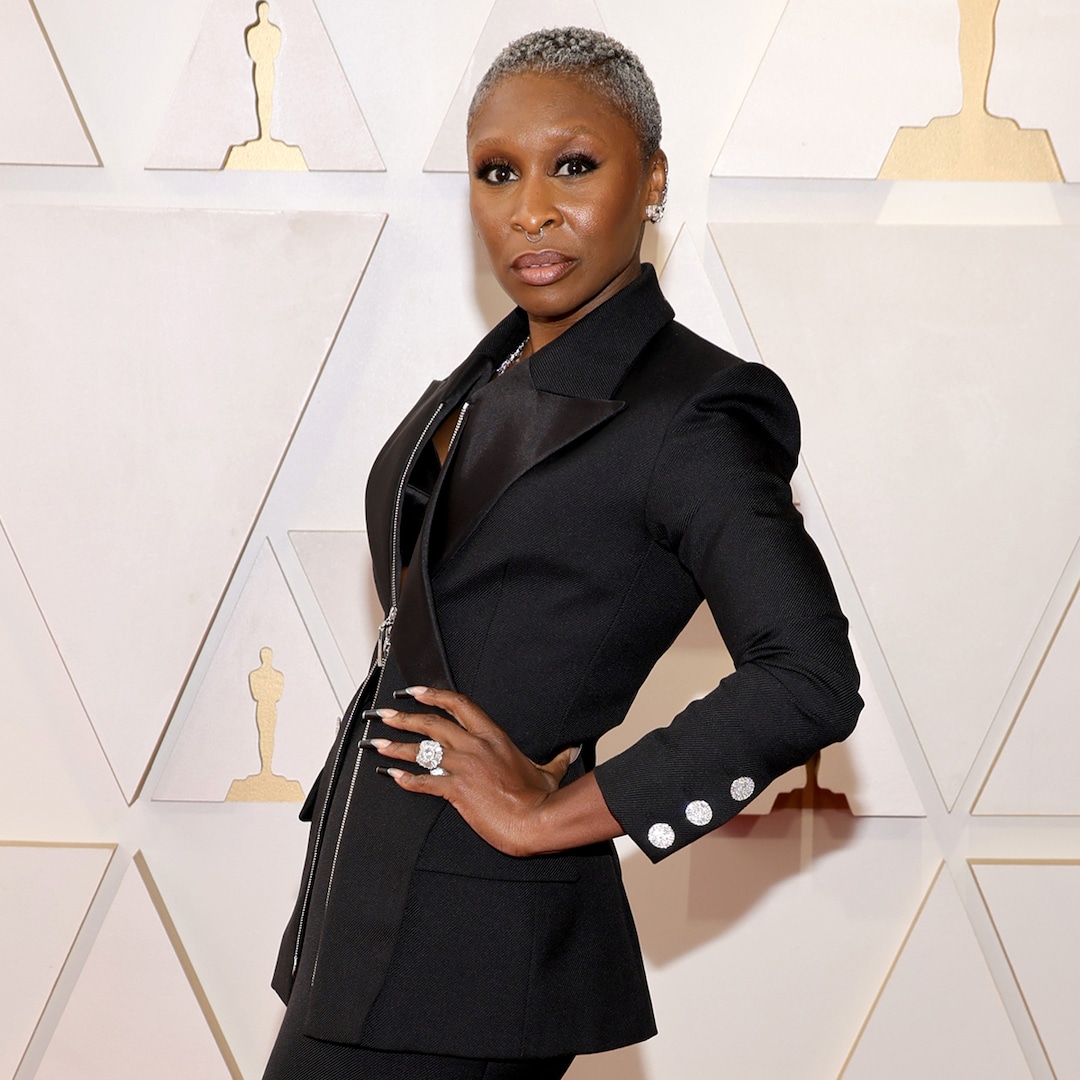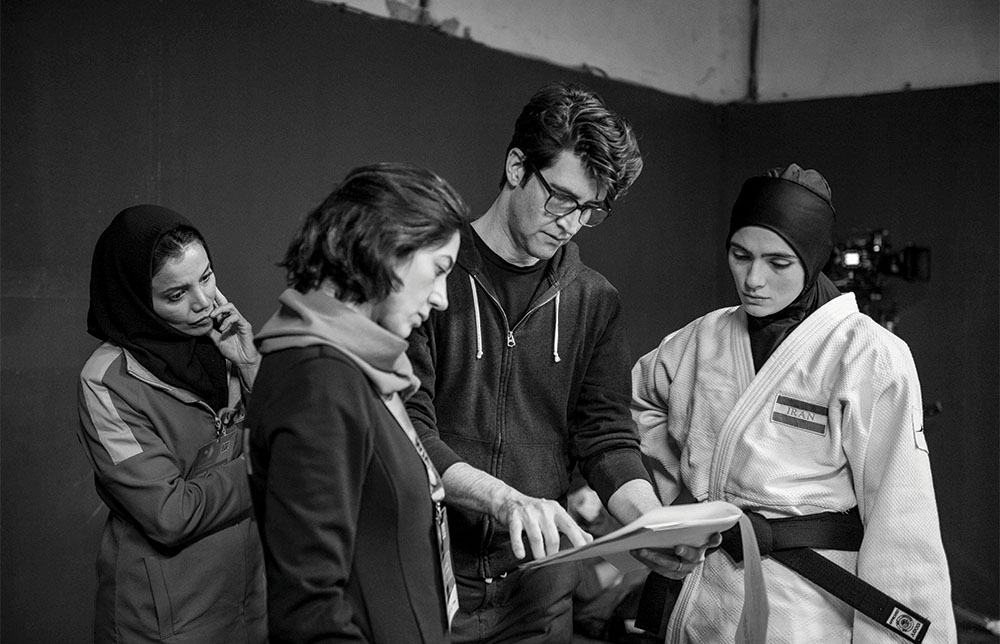
How Guy Nattiv and Zar Amir Ebrahimi Made History With ‘Tatami’ – The Hollywood Reporter
Sep 2, 2023
The death of Mahsa Amini on Sept. 16, 2022, would shake Iran to its core. In what proved to be a tinder box moment and led to what experts have asserted was the greatest challenge to the hard-line Iranian government since the 1979 revolution, the 22-year-old died in Tehran, having allegedly been beaten by the police after she’d been arrested for not wearing the mandatory hijab.
The news sparked widespread protests across the country as thousands took to the streets over the following weeks and months to demand an end to the hijab rule and for wider social freedoms, particularly for women. The brutal crackdown by authorities that followed resulted in more than 500 reportedly killed by security forces and tens of thousands detained.
Amini’s death would also shake up the production of Tatami, then underway in the Georgian capital of Tbilisi, just over 200 miles from the Iranian border. The film, receiving its world premiere in Venice’s Orizzonti competition Sept. 2, almost one year to day Amini was killed, was already heavy with poignancy, the historic first-ever feature to be co-directed by an Israeli, Guy Nattiv, and Iranian, Zar Amir Ebrahimi, nationalities that aren’t supposed to interact with each other, as it’s literally criminalized in Iran, let alone make art together.
But its central story — about Leila, an Iranian female judo fighter (The L Word’s Arienne Mandi) competing for gold at an international championship who is issued with an ultimatum to fake an injury and lose by the Islamic Republic — tapped into the same issues of persecution faced by Iranian women that were being angrily voiced on the streets. Not only did the headlines from Iran hit the team — particularly the cast, many of them Iranian exiles now living around the world — hard, but they instantly gave the project extra weight.
“We just felt this sudden urgency of telling the story,” says Ebrahimi, who notes there wasn’t a single dry eye among the Iranians on set when they shot a climactic scene in which Leila removes her hijab. In the wake of Amini’s death, the veil’s mandatory enforcement quickly came to represent Iranian authoritarian oppression, and its removal — then taking place defiantly by Iranian women — the symbol of the protest movement. “I think we all somehow felt like we were in this revolutionary time while making this movie,” says Ebrahimi.
For Nattiv, the production became “much more than just shooting a film.”
A self-described “news addict,” the Israeli director — behind the recent Helen Mirren-starring Golda Meir biopic, Golda, and whose live-action short Skin won the Oscar in 2019 — had come across an article during the pandemic about Sadaf Khadem, considered Iran’s first female boxer. In 2019, Khadem would compete in France and — facing arrest back home for not wearing her hijab — never returned. Inspired by Khadem’s story, Nattiv began reading about taekwondo champion Kimia Alizadeh, who claimed a bronze medal for Iran at the 2016 Rio Olympics but in 2020 denounced the Iranian government and immigrated to Germany, representing the Refugee Olympic Team at that year’s games. More examples of athletes defecting from Iran — both male and female — would be found. “I was like, this is really a movement, a wave,” says Nattiv, who adds that he wanted to make a story that “was a blend of all these women.”
But Nattiv was quick to acknowledge a few crucial factors. Not only was he not Iranian, but he was Israeli, the supposed enemy in a bitter and bloody rivalry that has been steadily escalating between the two sets of governments for more than 40 years. He was also not a woman.
“So I wanted to collaborate with female Iranian voices,” he says. It was this that led him to Paris-based Iranian actress and screenwriter Elham Erfani, with whom he he co-wrote the script, which then found its way into the hands of Ebrahimi via her German agent.
This was just prior to Cannes in 2022, where Ebrahimi — who herself had fled to Paris in 2008 after her own well-documented struggle with the Iranian regime — became the toast of the festival, winning the best actress Palme d’Or for Ali Abassi’s chilling crime drama Holy Spider, about a serial killer targeting prostitutes in Iran’s holy city of Mashhad (and based on a true story). Nattiv wasn’t in the South of France that year, but caught the film at an Academy screening in Los Angeles, where he’s based, a short time after. “And my jaw dropped on seeing her performance,” he says.
Nattiv reached out via Instagram, eventually asking Ebrahimi if she could play the crucial role of Leila’s judo trainer Maryam, who implores her to comply with Iran’s demands and return home. Not long after she accepted and, knowing that it was vital that he not tell the story “with an Israeli point of view,” Nattiv asked if she’d like to join as both co-director and casting director.
For Ebrahimi, who had begun her creative career making short films in Iran and had been slowly working toward her feature debut behind the camera, it was a “beautiful offer.” She notes that the director could have gone it alone and simply turned to Iranian consultants. But it was still an offer she had to carefully consider.
“I took a bit of time, because it’s a very risky project for me, even as an exiled artist,” she says. “But at some point I just thought, ‘There is no reason to even think about it — I have to collaborate with him on this movie.’ ”
The very fact that, even in Paris, she would feel some element of fear from a government thousands of miles away for a personal, creative decision, Ebrahimi realized was indeed a major element of the film’s overriding message. “This was exactly the story [Nattiv] wanted to tell.” She said yes.
“And that’s how this first ever Israeli-Iranian collaboration was born, by just wanting to make something authentic, and give a voice to these female warriors,” says Nattiv, who admits he only realized Tatami’s groundbreaking credentials after the decision had been made. “I was like, ‘Holy shit, this is actually historic!’ ”
Preproduction on Tatami kicked off in the spring of 2022 in Tbilisi, with Ebrahimi’s Holy Spider co-stars Mehdi Bajestani (who played the killer) and Sina Parvaneh joining the cast alongside Jaime Ray Newman (Dopesick), Nadine Marshall (The Silent Twins), Lir Katz (On Any Saturday) and Ash Goldeh (The Covenant). The city sits roughly between Iran and Israel (about two hours from each, according to Nattiv), but also features the sort of mid-century Soviet era architecture that can double as Iran, and — crucially for the film — is considered the judo world capital, and so has the necessary sporting infrastructure they could utilize. (Tatami the name of the traditional matt that judo bouts are fought on.)
For various reasons, the project was kept under strict secrecy, while its name and even the plotline were withheld when the team did public castings, the shoot simply going under the name of “Judo.” For all the benefits of shooting in Tbilisi, Iran has close links with Georgia (it’s one of few countries where Iranians don’t need a visa) and its security services are believed to be active there (last year, there were alleged to have been assassination attempts on a prominent local Israeli advocate). With Holy Spider having just come out and already rattling cages in Iran — it was condemned by the culture minister immediately following the Cannes premiere — it was thought that the fewer people who knew about an even more regime-poking piece of cinema, the less the chance of the shoot being disturbed.
Also kept under wraps was Ebrahimi’s trip to Israel to help with the edit once filming had wrapped. From the beginning, she’d told Nattiv that while she’d be delighted to collaborate on Tatami, she would “never” travel to Israel — her first time there — for the film (Tatami is produced by local powerhouse Keshet Studios). “But then at some point I had to go — they were waiting for me on the edit and I couldn’t exactly do it remotely.” Even with a French passport (she became a citizen in 2017), an Iranian entering Israel sounds like the recipe for a lengthy period of questioning at Tel Aviv’s Ben Gurion Airport, but Ebrahimi notes that she’d become accustomed to being interrogated by border guards during her final year in Iran. (Nattiv says she actually got into Israel “easier than me!”)
“It was very emotional for both of us,” remembers Nattiv. “Zar told me she’d had been dreaming about this moment, because she’d been looking at Israel as something so hostile from back home when she was a kid, and now she’s there drinking coffee with her Israeli friend.”
Ebrahimi — who says she’d long had Israeli acquaintances, and felt “very close culturally” with the Israelis that she knew — acknowledges that she “felt at home” there. “It was amazing how even the cities can look alike, the people are almost the same … even Hebrew, for me, has something close to the Persian language.” Echoing what was going on in her own country, on one Saturday she witnessed a major anti-government demonstration, with hundreds of thousands taking to the streets of Tel Aviv to protest Prime Minister Benjamin Netanyahu’s controversial judicial reforms. “I felt really close to everything that we were fighting for,” she says.
When the veil of secrecy was lifted on the feature and Tatami was first announced in February (then as just “Untitled Judo”), the filmmakers paid homage to events still then going on in Iran. The movie was described by Nattiv at the time as being a “creative statement to the world as thousands of innocent Iranian people are paying with their lives for freedom.” But the director acknowledges that his film is “absolutely” also a statement as chaos erupts in Israel.
“Israeli democracy is in great danger, and I see correlation between Iran and Israel,” he says, likening the current turmoil and Israel’s extreme right-wing lurch to what Iran experienced in the lead-up to the 1979 Islamic Revolution.
“I don’t recognize my country anymore,” he says, pointing to ramped up “racism” toward Ethiopians, Palestinians and other Arabs, plus the violent activities of Israeli settlers. It’s probably unsurprising that, when he brought Golda to the Jerusalem Film Festival in July, Nattiv took part in one of the demonstrations (with his dad). A further statement, this time aimed at the Israeli government, is being prepped.
While the story behind Tatami may have been born out of societal oppression, persecution and division, its making — itself an act of defiance — has been one offering a sense of freedom, joy and friendship for those involved. The bringing together of creatives pitted as mortal foes by their respective governments has been, for Nattiv at least, a life-changing experience.
“It took us five minutes to become best friends and family,” he says. “We eat the same hummus, the same pita, the same falafel. We listen to the same music. We love the same cinema. You meet the so-called enemy outside of Israel and it’s like, ‘Hey, I’ve missed you in my life.’ ”
Nattiv recalls watching the takes with Ebrahimi (who would direct the scenes with the Iranian actors). “We just looked at each other and said, ‘Yeah, that’s it.’ We were really on the same page about creative stuff.”
As for Ebrahimi — whom Nattiv now considers his creative muse and a friend for life — she says Tatami isn’t just an “artistically and aesthetically beautiful” film but makes a “very human” political statement. “And what else do you need?”
Publisher: Source link
Shawn Mendes Says He’s Figuring Out His Sexuality
“It always felt like such an intrusion on something very personal to me. Something that I was figuring out in myself, something that I had yet to discover and still have yet to discover it,” he shared.“The real truth about…
Oct 31, 2024
Cops Search for Stolen Cheddar Worth $390,000
Now this is one un-brie-lievable heist. Neal's Yard Dairy, an artisanal cheese company based in London, said they have suffered a "significant financial blow" after $390,000 worth of cheddar was stolen by a "fraudulent buyer posing as a legitimate wholesale…
Oct 31, 2024
Nick Cannon On Insecurities In Mariah Carey Marriage
Nick Cannon On Insecurities In Mariah Carey Marriage For a reminder, Nick and Mariah secretly tied the knot in 2008 after starring together in the music video for her song, “Bye Bye.” Three years later, the couple became parents to…
Oct 30, 2024
Cynthia Erivo Speaks Out After Her Criticism of Wicked Poster
Cynthia Erivo is green with passion for Wicked. That is why the Tony Award winner—who portrays Elphaba in the film alongside Ariana Grande’s Glinda the Good Witch—didn’t hold back when she recently criticized an edit of the movie poster that…
Oct 30, 2024

